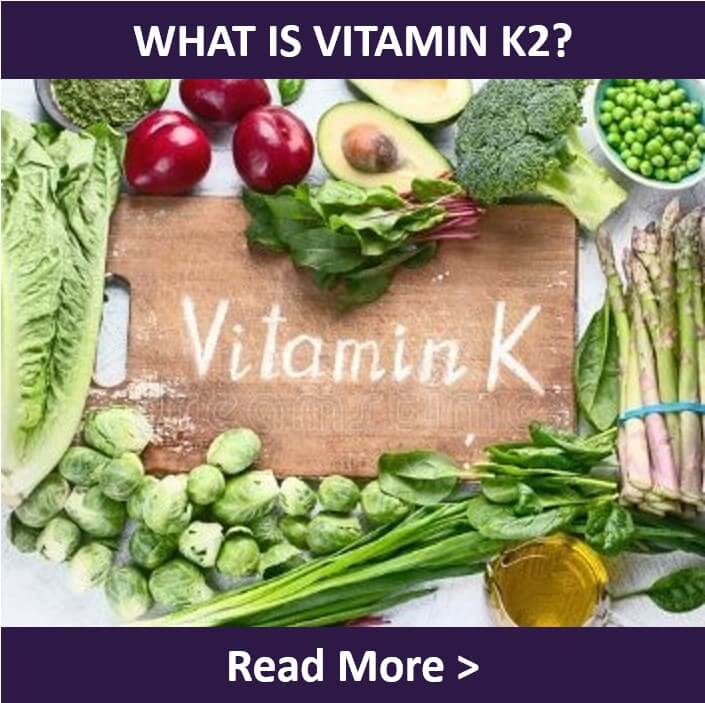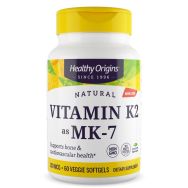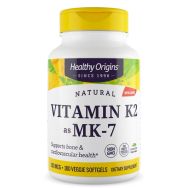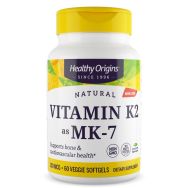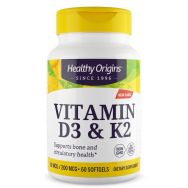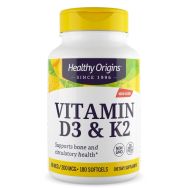What is Vitamin K2
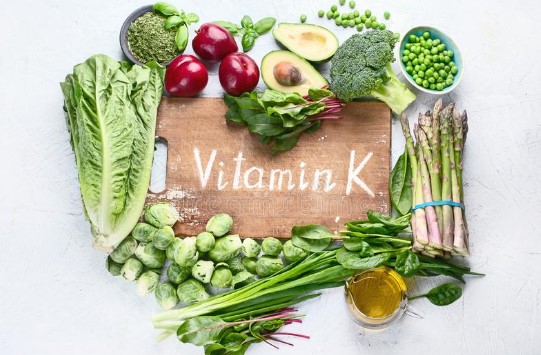
Vitamin K2, also known as menaquinone, is a lesser-known vitamin that has gained a lot of attention in recent years for its potential health benefits. Although it is not as well-known as other vitamins such as vitamin C or vitamin D, it plays a crucial role in many physiological processes in the body. In this article, we will take an in-depth look at what vitamin K2 is, its benefits, sources, and recommended intake.
What is Vitamin K2?
Vitamin K2 is a fat-soluble vitamin that is essential for blood coagulation and bone metabolism. It is structurally similar to vitamin K1, but it has a longer side chain and is more bioavailable. Vitamin K2 is synthesized by some bacteria and also found in small amounts in some animal and plant-based foods.
Benefits of Vitamin K2
1. Bone Health
Vitamin K2 plays a crucial role in maintaining bone health. It activates osteocalcin, a protein that is responsible for binding calcium to bone tissue. Without vitamin K2, calcium cannot be properly utilized in the body, leading to weakened bones and increased risk of fractures. Studies have shown that vitamin K2 supplementation can increase bone mineral density and reduce the risk of fractures in postmenopausal women.
2. Heart Health
Vitamin K2 has been shown to play a role in reducing the risk of cardiovascular disease. It is believed to prevent the buildup of calcium in the arteries, which can lead to atherosclerosis and increase the risk of heart disease. Studies have found that people with higher intakes of vitamin K2 have a lower risk of heart disease and atherosclerosis.
3. Dental Health
Vitamin K2 has also been linked to dental health. It is believed to play a role in preventing tooth decay and maintaining healthy teeth. A study found that vitamin K2 supplementation improved the remineralization of enamel and dentin in teeth, suggesting that it may have a protective effect against tooth decay.
4. Cancer Prevention
Some studies have suggested that vitamin K2 may have a role in cancer prevention. It is believed to have anti-cancer properties and may help to prevent the growth and spread of cancer cells. Studies have shown that vitamin K2 may reduce the risk of prostate cancer in men and may also have a protective effect against liver and lung cancer.
5. Sources of Vitamin K2
Vitamin K2 is found in small amounts in some animal-based foods such as liver, cheese, egg yolks, and fatty fish such as salmon and mackerel. It is also synthesized by some bacteria, which is why fermented foods such as sauerkraut, kimchi, and natto are good sources of vitamin K2.
Recommended Intake of Vitamin K2
There is currently no established daily recommended intake for vitamin K2. However, studies have suggested that an intake of 45-185 micrograms per day may be beneficial for maintaining optimal bone health and reducing the risk of cardiovascular disease. It is important to note that high doses of vitamin K2 may interact with certain medications such as blood thinners, so it is important to speak with a healthcare professional before taking supplements.
Conclusion
Vitamin K2 is a crucial vitamin that plays a role in many physiological processes in the body. It is essential for maintaining bone health, reducing the risk of cardiovascular disease, and promoting dental health. Although it is not as well-known as other vitamins, it is important to ensure that you are getting enough vitamin K2 in your diet. Fermented foods such as natto, cheese, and fatty fish are good sources of vitamin K2, but supplements may also be necessary to achieve optimal intake. As always, it is important to speak with a healthcare professional before taking supplements or making significant changes to your diet.

